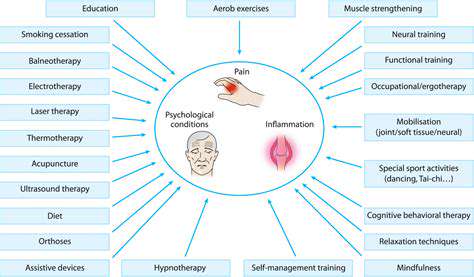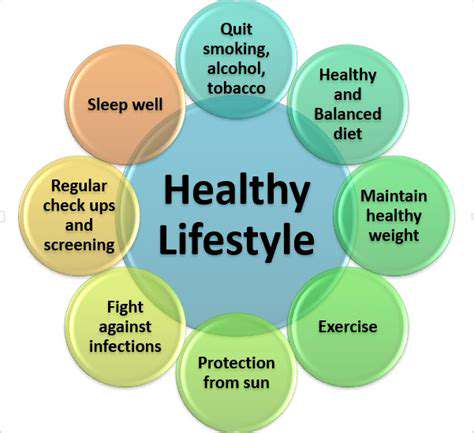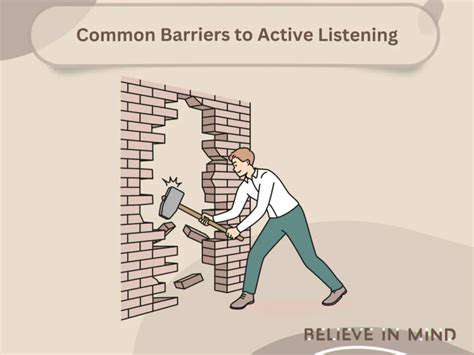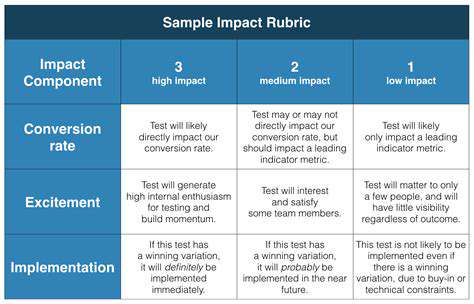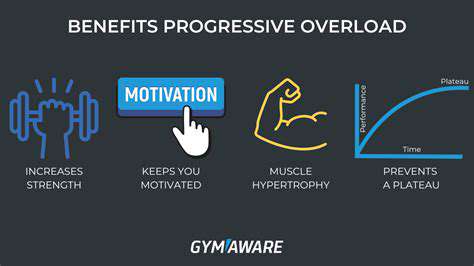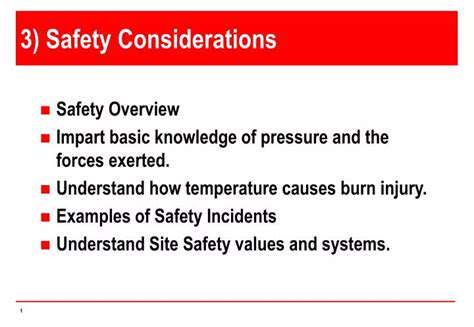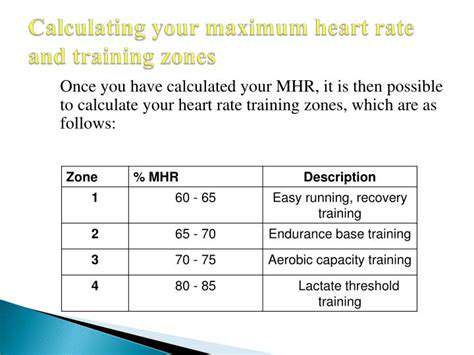How to Manage Anger in a Healthy Way
Developing healthy coping mechanisms is crucial for navigating life's challenges while maintaining well-being. What makes these strategies effective is their ability to transform stress and anxiety into productive energy. It starts with honest self-reflection about our emotional patterns and experimenting with different approaches. The process evolves as we grow, requiring us to regularly reassess what works. Pinpointing specific stressors acts as the foundation for building personalized coping methods.
True self-care goes beyond occasional treats—it's a sustained commitment to holistic wellness. This includes physical activities like yoga or swimming, mental exercises such as journaling or creative pursuits, and emotional practices like setting boundaries. When we consistently nourish all aspects of ourselves, we create natural buffers against life's pressures. The cumulative effect of these practices builds remarkable emotional stamina over time.
Strategies for Building Resilience and Effective Coping Mechanisms
Resilience grows from the intersection of self-awareness and practical skills. It begins with recognizing our innate capacity to handle challenges, then systematically strengthening that ability. One powerful approach involves reframing obstacles as temporary situations rather than permanent barriers. This mental shift, combined with concrete action plans, creates a robust framework for overcoming difficulties.
Practical coping tools vary by individual but often include:
- Physical movement (walking, dancing, sports) to release tension
- Creative expression (art, music, writing) for emotional processing
- Structured problem-solving techniques to break down challenges
- Social connection with trusted individuals for perspective
Mindfulness practices offer particularly versatile benefits. Simple techniques like focused breathing or sensory awareness exercises can be used anywhere, providing immediate anchors during stressful moments. Regular practice rewires our stress response over time, creating more space between triggers and reactions.
Professional guidance often accelerates progress significantly. Mental health professionals can identify blind spots in our coping strategies and introduce evidence-based techniques tailored to our specific needs. This support becomes especially valuable when facing persistent challenges or when old methods stop working effectively.
Communication Skills for Conflict Resolution
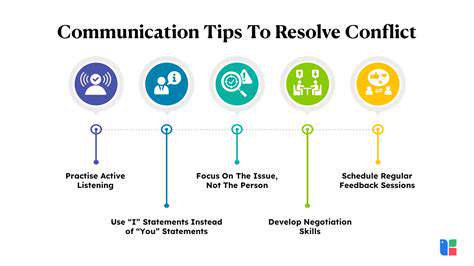
Active Listening
Active listening transforms conflicts by creating psychological safety. The magic happens when we listen to understand rather than to respond. This means noticing tone, body language, and emotional subtext while resisting the urge to formulate counterarguments. Simple validation phrases like I hear how important this is to you can dramatically shift the energy of difficult conversations. When people feel truly heard, defenses lower and real problem-solving can begin.
Empathy and Perspective-Taking
Genuine empathy requires temporarily setting aside our own viewpoint to fully enter another's experience. This doesn't mean agreement, but rather acknowledging the validity of their feelings within their context. A useful technique involves mentally reconstructing the other person's recent experiences—what pressures they've faced, what values inform their stance. This broader context often reveals misunderstandings that fueled the conflict.
Perspective-taking becomes particularly powerful when we identify shared concerns beneath surface disagreements. Most conflicts involve competing solutions to common problems, rather than fundamentally opposed goals. Surfacing these shared interests creates collaborative rather than adversarial dynamics.
Clear and Respectful Communication
Effective conflict communication follows three key principles:
- Own your experience with I statements
- Describe specific behaviors rather than general character judgments
- Express needs rather than complaints
Phrasing like When X happens, I feel Y because I need Z creates clarity without accusation. This structure keeps focus on resolvable issues rather than personal attacks. Equally important is managing nonverbal communication—maintaining open body language, appropriate eye contact, and calm vocal tone even during tense moments.
Conflict Resolution Strategies
Successful conflict resolution follows a natural progression:
- Create mutual understanding of each perspective
- Identify underlying needs and concerns
- Brainstorm potential solutions without evaluation
- Evaluate options against objective criteria
- Implement and review agreements
The most durable resolutions address both practical outcomes and relational repair. Techniques like principled negotiation focus on interests rather than positions, while mediation provides neutral facilitation when needed. Documenting agreements prevents later misunderstandings, and scheduling follow-ups ensures solutions remain effective over time.
Root cause analysis (RCA) methodology proves equally valuable for interpersonal conflicts as for healthcare systems. By systematically examining contributing factors rather than surface symptoms, we develop more comprehensive and lasting solutions.
